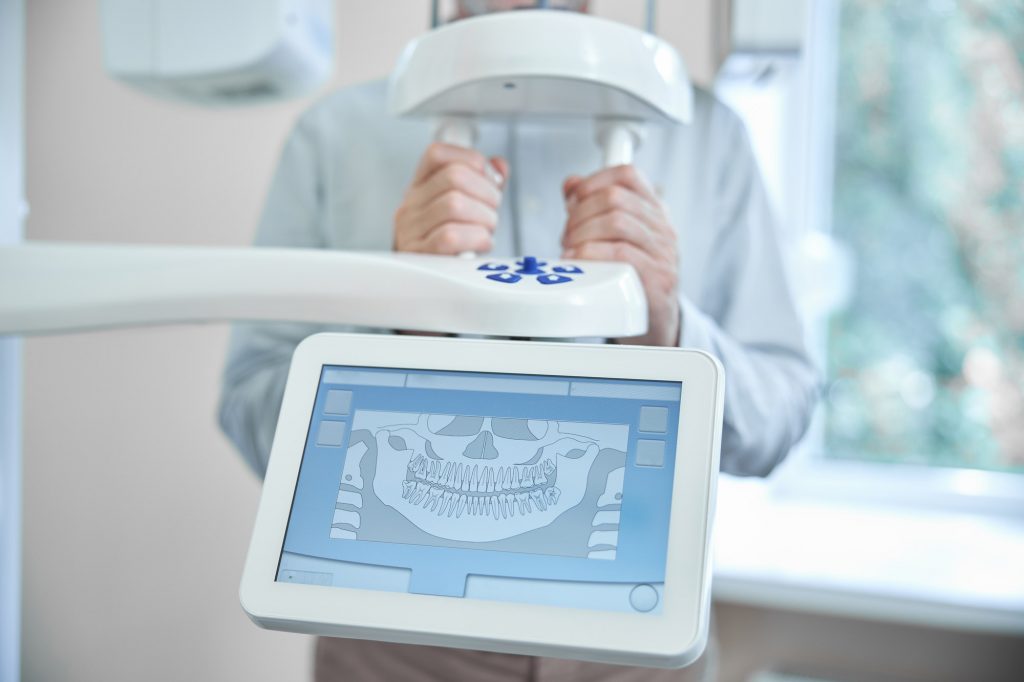Is the taste of ice cream or a sip of hot coffee sometimes a painful experience for you? Does brushing or flossing cause you to spin occasionally? If so, you may have sensitive teeth.
Possible causes include:
- Tooth decay (cavities)
- Broken teeth
- Worn fillings
- Disease of the gums
- Worn tooth enamel
- Exposed tooth root
In healthy teeth, a layer of enamel protects the crowns of your teeth - the part above the gum line. Below the gum line a layer protects the root of the teeth. Underneath the enamel is the dentin.
Dentin is less dense than enamel and contains tiny tubes (small hollow tubes or channels). When dentin loses its protective enamel coating, these tubules allow hot and cold or acidic or sticky foods to reach the nerves and cells inside the tooth. Dentin can also be exposed when the gums recede. The result can be hypersensitivity.
Sensitive teeth can be treated. The type of treatment depends on what is causing the sensitivity. Your dentist may suggest one of several treatments:
Desensitizing toothpaste. This contains compounds that help to block the transmission of sensation from the tooth surface to the nerve and usually requires several applications before sensitivity is reduced.
Fluorine cells. A technique that strengthens tooth enamel and reduces the transmission of sensations.
A crown, insert or weld. These can be used to correct a defect or wear that results in sensitivity.
Endodontics. If the sensitivity is severe and persistent and cannot be treated by other means, the dentist may recommend this treatment to eliminate the problem.
Proper oral hygiene is the key to preventing sensitive tooth pain. Ask us at (+30)2310.436.052 if you have questions about your daily oral hygiene routine or concerns about tooth sensitivity.
*The content on this blog is not intended to be a substitute for professional medical advice, diagnosis or treatment. Always seek the advice of qualified health care providers with questions you may have about medical conditions.



























